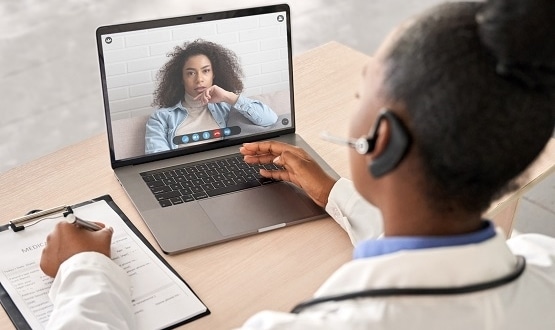Europe ‘has no mobile health policy’
- 12 February 2010
Jaakko Aarnio, a project officer in the European Commission’s Information Society and Media directorate, offered an eye-opening revelation about the EC’s mobile healthcare policy recently.
“We don’t have a policy now,” Aarnio told an international networking conference staged in Washington by the US-based mHealth Initiative.
One reason he gave in his presentation is that mobile applications that go beyond simple library functions may turn mobile devices into Class 2 medical devices, which are subject to EC regulation. “There may be some regulation needed for viewing images,” Aarnio said.
The EC has very little data on m-health, though such information isn’t exactly plentiful in the US, either. US-based technology market analysts ABI Research predicted last year that there would be 15m medical devices with built-in cellular connectivity in use worldwide by early 2012.
Many of these “telehealth devices,” as ABI calls them, will aid in the remote monitoring of senior citizens and other high-risk patients, as well as in the prevention and treatment of obesity.
In another study, ABI said that the global market for “wearable wireless sensors” would grow to more than 400m units by 2014. In both cases, ABI said North America will account for the majority of sales.
However, the high penetration of technology into primary care settings in many European countries should mean that it is easy to transfer electronic patient data to handheld devices, Aarnio argued.
He highlighted the handful of successful mobile health projects the EC has funded, including one that introduced a new phrase, “ambient assisted living.”
The term, from a five-nation programme called CAALYX (Complete Ambient Assisted Living Experiment), refers to home-based and mobile monitoring technology that lets elderly and chronically ill patients live semi-independently.
Technologies generally performed well during a 2007-08 trial, but many users found the devices to be uncomfortable. CAALYX has moved into a second phase of testing, also supported by the EC, to integrate monitoring sensors into wearable garments and to prepare a market validation study.
One EC-funded mobile health project that has made it to the commercial market is Ericsson Mobile Health. This mobile communication platform for healthcare from the Swedish telecommunications giant grew out of an EC project called HealthService 24.
HealthService 24 was founded in 2003 to develop what’s being called “body-area networks,” though Aarnio said the concept dates to 1994. Back then, Ericsson tested such technology for management of chronic obstructive pulmonary disorder, but did not have a viable business model.
After researchers involved with HealthService 24 found that patient self-management of COPD increased – and the number of unexpected hospital admissions plummeted – after just eight weeks of testing, potential customers started taking notice.
The technology closed a loop by making sure patients followed doctors’ orders when they weren’t under direct physician care. “Closed-loop management can reduce mortality and save money,” Aarnio said.




